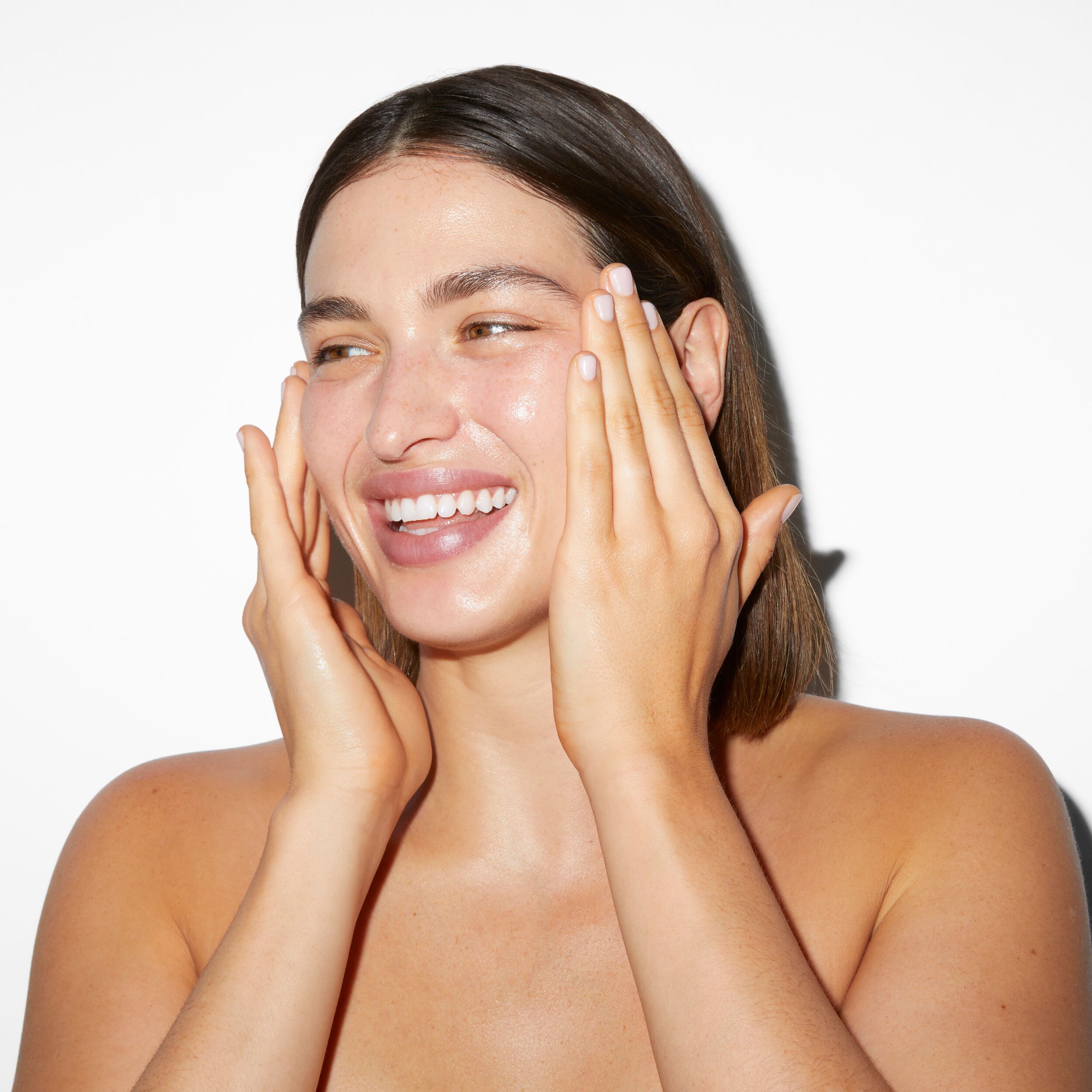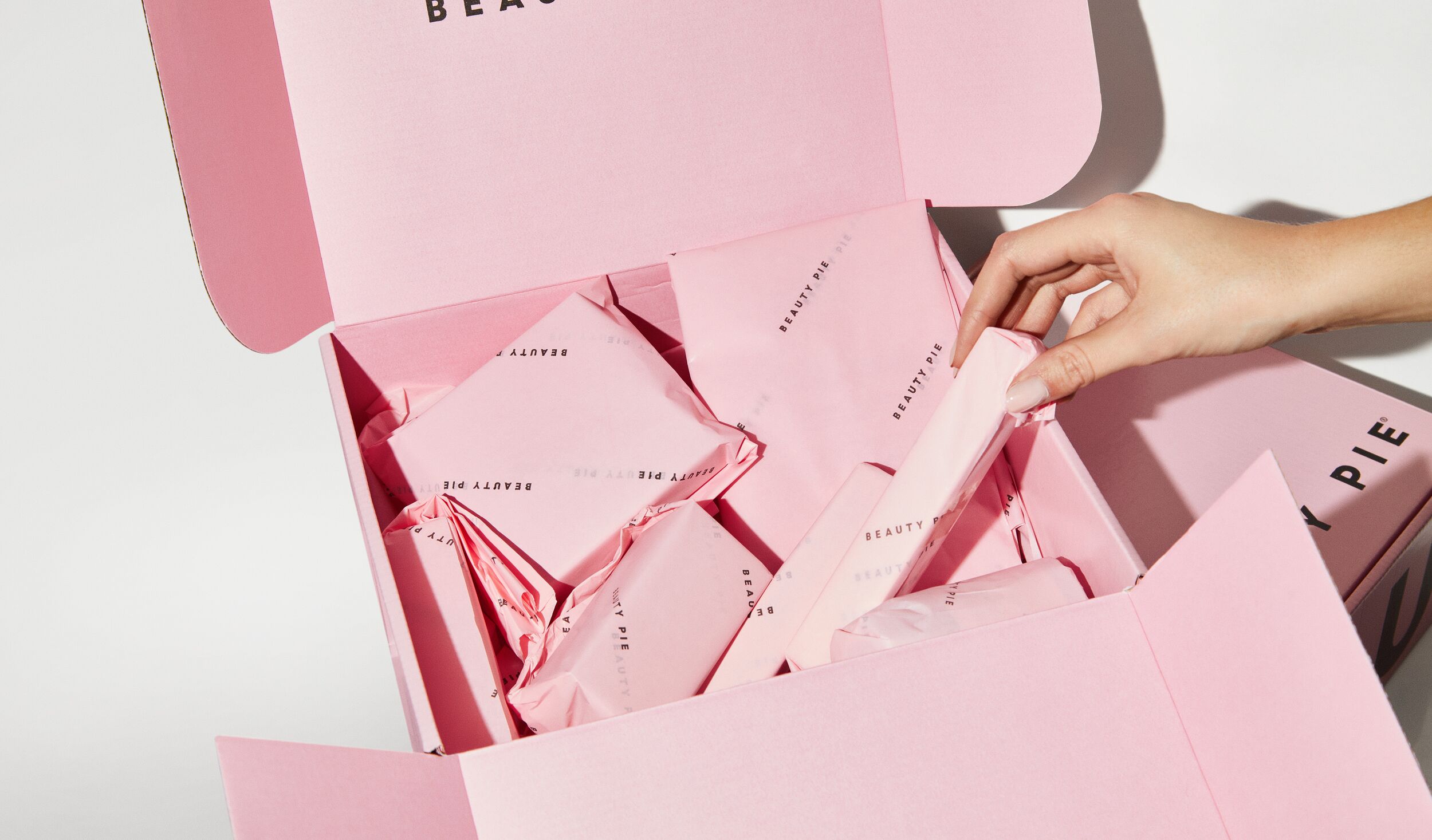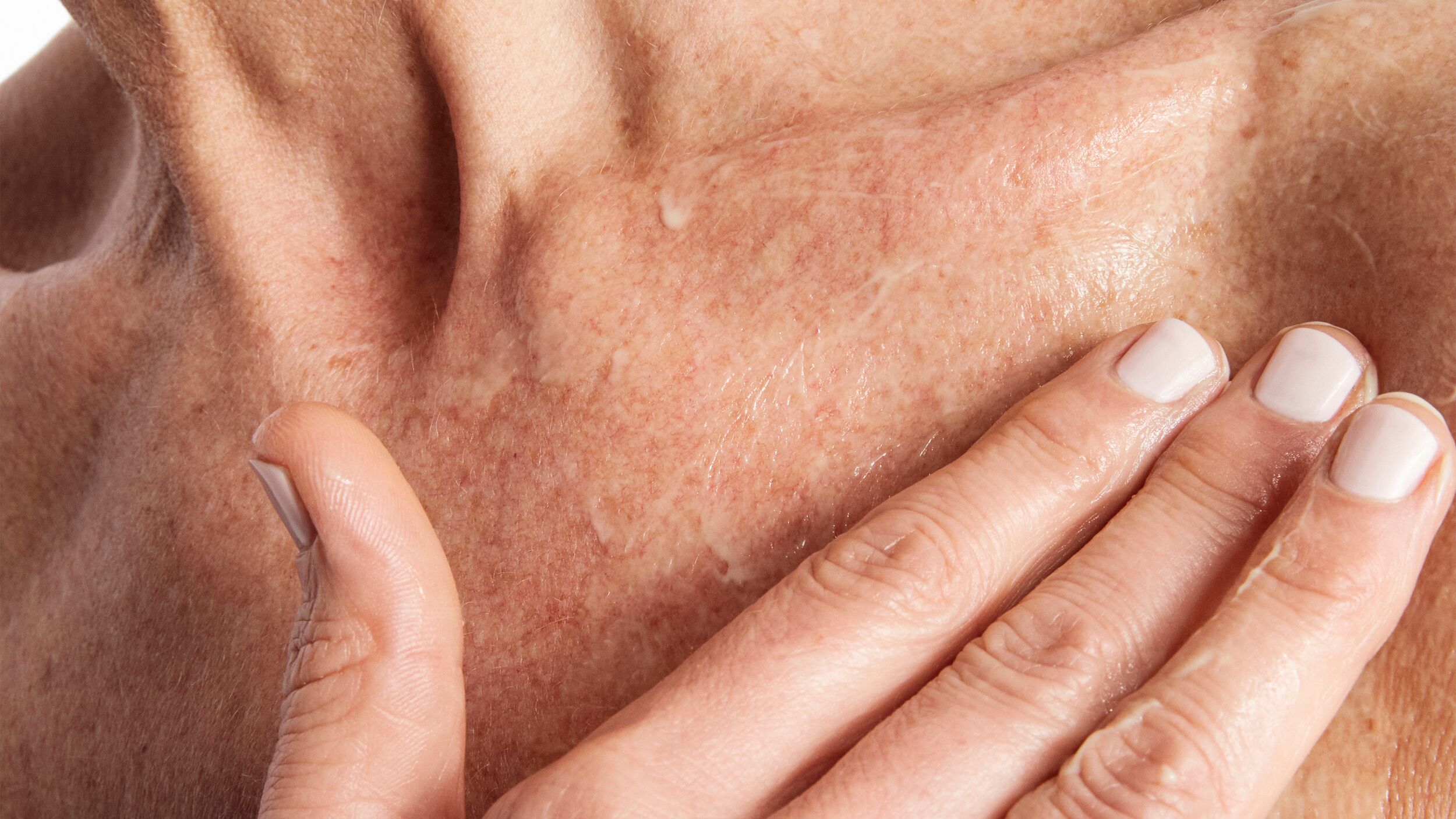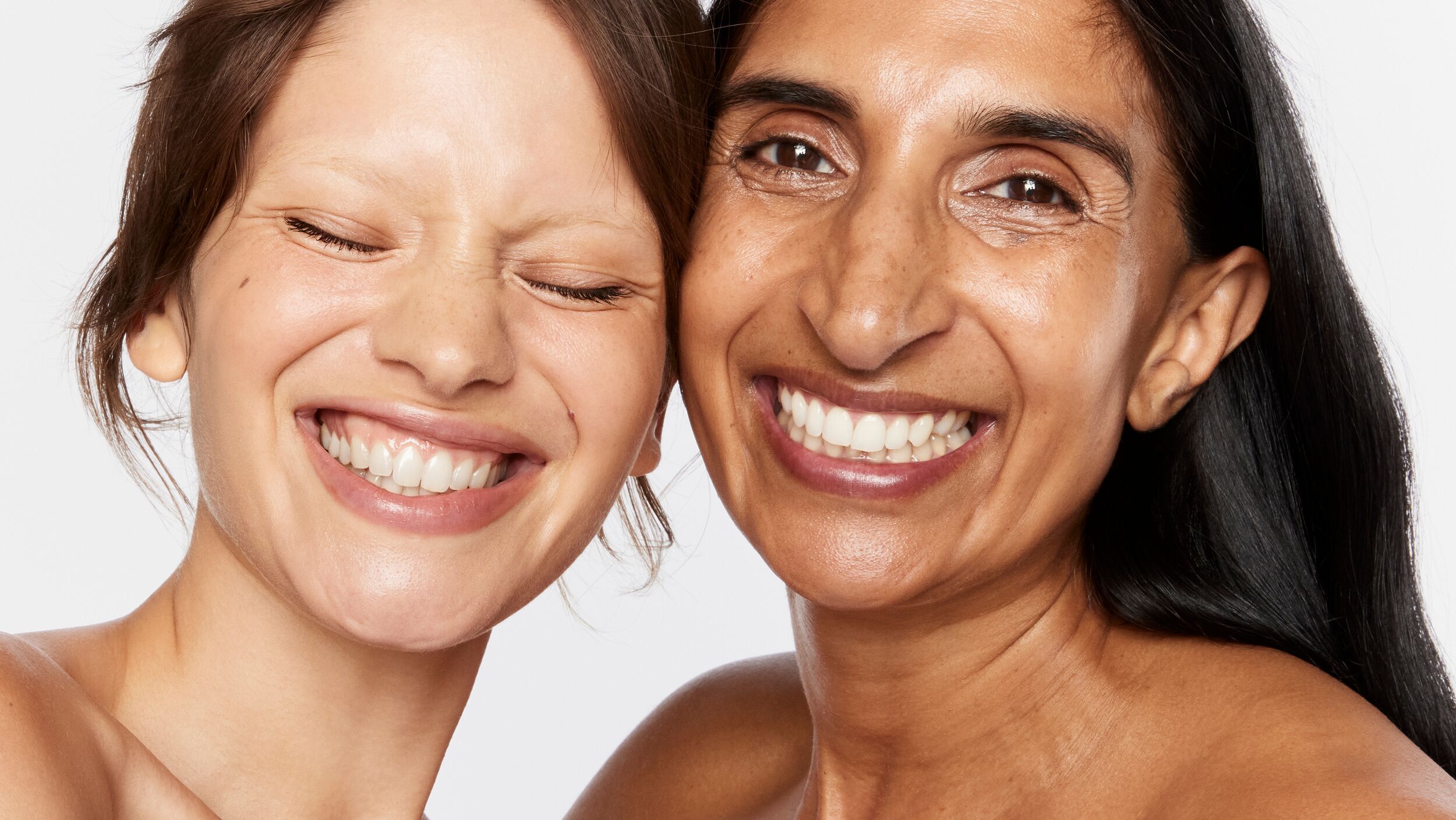
We’ve all been there. You’ve run out of shampoo, so you ‘borrow’ some of your roommate’s or nab a spritz of their perfume every now and then. Or maybe you and your partner have a ‘sharing is caring’ attitude towards SPF. But would you share one razor between the two of you, or even borrow their toothbrush?
We surveyed over 2,000 adults to find out how many people share beauty and body care products, which items they're most comfortable sharing, where they draw the line and who they share with the most.
But with so much sharing going on, could it actually be causing more harm than good? Alongside our findings, our in-house beauty expert and Editorial Director Nicola Moulton reveals the reasons why not all beauty tools and personal hygiene products are safe to share with others and some of the side effects that you can expect if you regularly share. If you’re free and easy with who uses your beauty products, you’re going to want to read on…
Are We *All* Sharing Our Beauty Items?
Over a third of adults (36%) admit to sharing personal hygiene items with another person. Gen Z admits to sharing their products the most, as almost two in five (39%) adults aged 18-24 admit to sharing beauty products with someone they know every week. Gen Z confesses they are most likely to share their products with friends, whether it’s sharing lipstick on a night out or beauty tools such as razors and tweezers to help deal with unruly body hair.
While using each other's products in an emergency is sometimes necessary, it’s always best to get your own products to avoid cross-contamination. Even skincare products such as serums and moisturizers should be bespoke to your skin's needs. Just because it works for a friend doesn’t mean it will suit your skin type - using our personalized skincare quiz can help you identify which products will work best for you.
Using skincare products that aren’t yours might negatively affect your skin, so it’s best to try and limit sharing and curate a personalized routine
Nicola Moulton, Editorial Director
“Many of us have found ourselves in a tricky spot when we’ve needed to borrow a beauty product from a family member or friend - whether it’s forgetting a skincare product on a holiday or needing to borrow a friend's hairbrush when out and about,“ says Nicola.
“However, this shouldn’t be a long-term solution. Not only can it be unhygienic, but using skincare products that aren’t yours might negatively affect your skin, so it’s best to try and limit sharing and curate a personalized routine.”
Which Products Do We Share the Most?
Nail clippers top the list of personal hygiene products we share the most, with almost two in five adults (37%) admitting to sharing the nail tool to keep fingernails or toenails in check. Next is another product often kept in the bathroom cabinet, tweezers, with a third of adults (33%) confessing they share this with someone in their life.
Hairbrushes are among the most shared tools, with more than a quarter of adults (27%) revealing they’ve shared with someone else, followed by skincare products, including moisturizers, serums and cleansers which one in five (20%) say they share. Women are most likely to try and tempt their partners to use skincare products, with one in four (25%) revealing they share these items with their nearest and dearest.
The Top 10 Most Shared Beauty Items People Knowingly Share
Nail clippers - 37%
Tweezers - 33%
Hairbrushes - 27%
Moisturizers, serums, cleansers - 20%
Lip balm - 16%
Razors - 15%
Shower puffs - 11%
Foundation - 10%
Foot file/pedicure tool - 10%
Lipsticks - 9%
Who Are We Sharing (& Caring) With?
How well you know someone might heavily impact whether you’re willing to share a beauty product or tool with them. As a result, we share our beauty stash with partners the most, as a third of adults (33%) allow their other half to use products and tools when needed.
A quarter of adults (25%) admit to letting their family use their beauty products freely and just one in eight (12%) say they allow their friends to use their products.
Which Products Are We Sharing Unknowingly?
If you’ve ever found yourself in a situation where you’ve needed to use a product but didn’t have it to hand, then using one owned by someone you share a home with or someone you’re close to might be tempting. And you’d be surprised how many people admit to using something without getting the go-ahead first.
Gen Z is also the most likely to reach for a beauty tool or product without seeking permission, with nearly one in three (30%) admitting they’ve used something without asking beforehand. This behaviour decreases as people age, with one in four (24%) Millennials using something secretly and just one in 12 (8%) Gen X’ers using something without getting the thumbs up first.
When it comes to hygiene products people admit to using without their family, friends or housemates knowing about, the top product was hairbrushes, with over one in four (26%) saying they use them without asking permission. Razors are the second most commonly stolen product, with almost a quarter of adults (24%) admitting they have sneakily used this tool to shave without the owner knowing.
Skincare products people use on the sly from someone they know include moisturizers, serums and cleansers. Whilst these might not pose any immediate hygiene or health concerns for sharing, the products and ingredients within them might cause skin irritations and reactions, especially if you have sensitive skin - so it’s best to use products designed for your skin needs in mind.
The Products And Tools That We Steal The Most
Hairbrushes - 26%
Razors - 24%
Tweezers - 22%
Nail clippers - 22%
Moisturizers - 22%
Serums - 22%
Cleansers - 22%
Lipstick - 18%
Lip balm - 17%
Eyeshadow - 17%
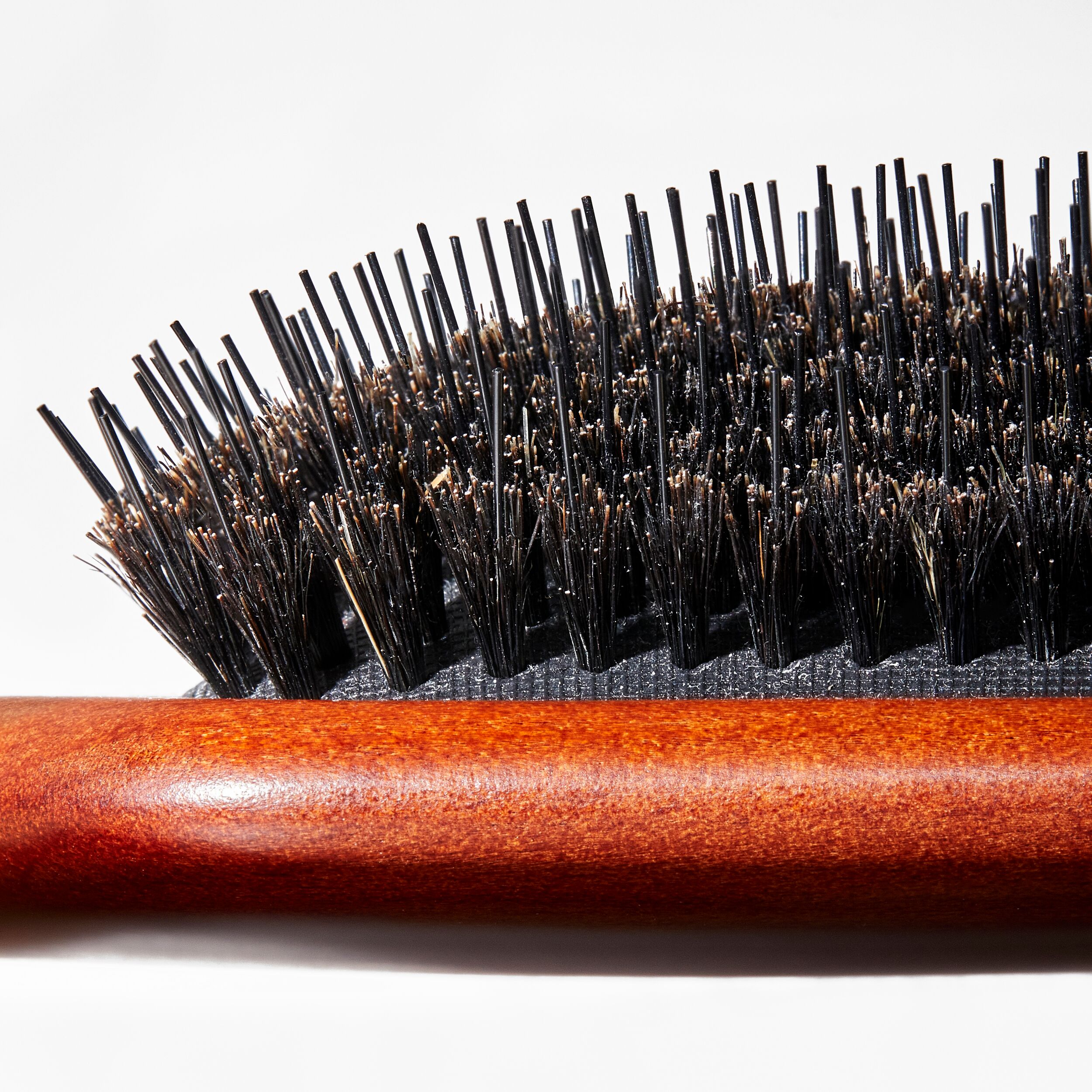 Hairbrushes are the most "borrowed" beauty item
Hairbrushes are the most "borrowed" beauty itemMen Share Personal Hygiene Products More Than Women
When it comes to men versus women, men are much more carefree when it comes to sharing and stealing, even with the more personal items such as toothbrushes, razors and face clothes - with over two-thirds of men (67%) saying they would happily do so. This starkly contrasts the attitudes of women who revealed they are much more cautious about sharing their items, with just over one in four (26%) saying they are willing to share.
Across all the products, our survey found that men are much more inclined to use without permission and share their own items than women. The product men are happiest to share with others is a foot file or pedicure tool, with an alarming three-quarters (74%) of men saying they are happy to share this personal hygiene tool. The main reason why this tool should not be shared among friends and family is because it is a surefire way to transmit funghi, and can be particularly dangerous if you have diabetes, neuropathy, or any medical condition that affects the feet.
When it comes to sharing a toothbrush, 40% of men say they are happy to use someone else’s as well as share theirs, compared to just 26% of women. Likewise, over half (63%) of men are comfortable sharing a razor, whilst the same is true for just under a third (32%) of women.
The Top Items Men Are Most Comfortable Sharing
Foot file/pedicure tool - 74% (versus 41% of women)
Nail clippers - 73% (versus 30% of women)
Face cloth/muslin cloth - 73% (versus 47% of women)
Skincare products - 72% (versus 60% of women)
Shower puff - 70% (versus 51% of women)
Tweezers - 69% (versus 49% of women)
Razors - 63% (versus 32% of women)
Toothbrushes - 40% (versus 26% of women)
Is It Safe To Use Other People’s Hygiene Products?
Almost a third of adults (31%) believe that sharing products with people in their life is ‘hygienic’, with almost one in 10 (9%) believing it to be ‘very hygienic’ and two in five convinced it’s ‘totally safe’ to do so. However, while they say ‘sharing is caring’, when it comes to certain personal products and tools, there are severe hygiene and health reasons why this isn’t always the case.
Nicola recommends keeping beauty items to just personal use, as sharing certain products and tools, including toothbrushes, razors, hairbrushes and lip products (including lip balms and lipsticks) can lead to both short and long-term health issues.
“Sharing products such as toothbrushes with someone else could expose you to harmful bacteria and viruses, so it’s best to keep this product strictly for personal use, even if you’re very close with someone,” says Nicola.
Razors are another beauty item strongly recommended to avoid sharing with others, especially as razors are used close to the skin and in intimate areas. One in six adults (15%) admit to sharing this product with someone else and one in four have used one without the razor’s owner knowing; however, it’s something to avoid, as razor blades can carry bacteria, viruses and other microorganisms that can cause skin irritations and infections.
Lip-based beauty items, including lip balms, lipsticks, pencils and glosses, shouldn’t be shared with other people. Although it’s tempting to want to try out new shades or borrow someone’s balm when your lips are feeling dry, you might find yourself exposed to skin irritations, infections and viruses (including cold sore viruses).
The Personal Hygiene Items We Don’t Want To Share
When it comes to boundaries, it is toothbrushes people are the most reluctant to share (and for good reason), with over two-thirds (67%) saying the oral hygiene tool was too personal to share with anyone else. With around six billion bacteria in a human's mouth, it’s easy to see why this is the tool people are the most precious about.
Razors also make the top items people are hesitant to knowingly share, with over half (53%) saying they would not share this beauty item, which is understandable as the product is often used in intimate areas of the body.
The willingness to share lip balms seems to vary wildly between generations, with Gen Z happiest to share their lip balms with people in their life, with just over a quarter (27%) saying they wouldn’t share with anyone else, whilst over half (52%) of those aged 55 and above admit they’re much more reluctant to share their lip products. Face cloths are the fourth most sacred beauty item for people, with two in five (40%) saying they would never knowingly share their face cleansing cloth with another person.
Why Everyone Needs Their Own Skincare Routine
When it comes to creating the perfect beauty routine and collection of tools for yourself, it’s best to make sure whatever you are using is bespoke to your skin type - as you might find you need something very different to the person you’re living with (after all everyone is so unique, and so your beauty routine will be too!)
To discover exactly what your skin needs, you can take our skincare quiz to create the best products and tools to make your skin glow.
Methodology
A nationally representative UK survey by OnePoll surveyed 2,000 adults to reveal how many adults share beauty products and tools with others.
Data correct as of August 2024.
